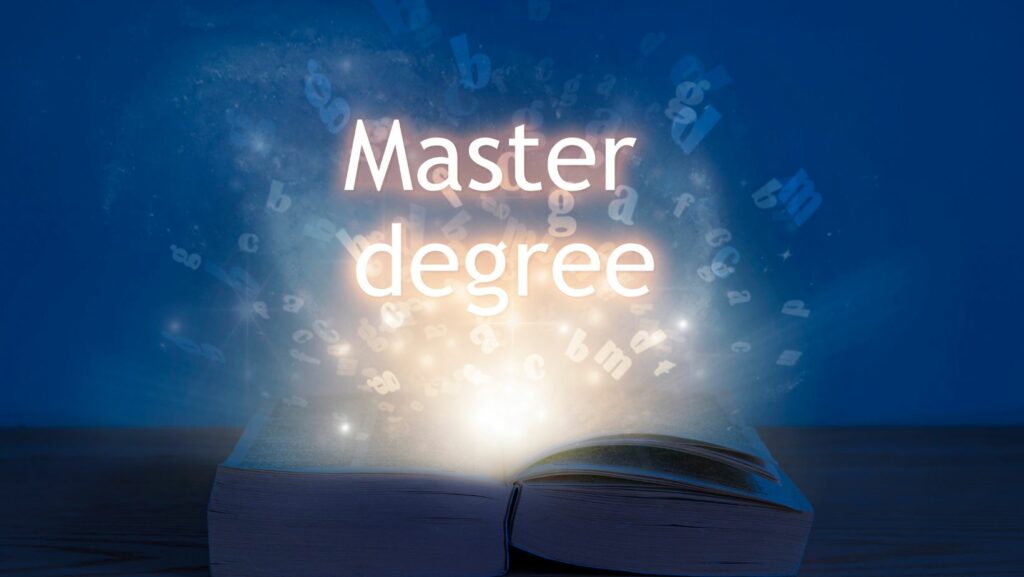Online Music Education Masters
As someone deeply passionate about music education, I find the realm of online music education masters programs to be a fascinating area where traditional teaching methods blend seamlessly with modern technology. Pursuing an advanced degree in this field not only enhances one’s teaching skills but also opens doors to new opportunities and career advancement within the music education sector.

Enrolling in an online music education masters program allows me to delve into specialized areas such as curriculum development, instructional strategies, and educational leadership tailored specifically for music educators. The flexibility of online learning enables me to balance my professional commitments while furthering my expertise in music education, all from the comfort of my own home or studio.
With advancements in virtual classrooms and interactive learning tools, obtaining a music education masters degree online offers a dynamic and engaging educational experience. The integration of innovative technologies combined with expert instruction provides a comprehensive learning environment that prepares me for success in shaping the future of music education.
The Rise of Online Music Education Masters Programs
The landscape of education has significantly evolved in recent years, with online learning gaining momentum across various disciplines. In the realm of music education, the emergence of Online Music Education Masters Programs represents a notable shift in how aspiring educators and musicians pursue advanced degrees. These programs offer flexibility, accessibility, and diverse learning opportunities that cater to individuals’ unique circumstances and goals.

As technology continues to advance rapidly, traditional barriers to higher education are being dismantled, allowing students from around the world to access top-tier music education without geographical constraints. Online platforms provide a wealth of resources such as virtual classrooms, interactive tools, and multimedia content that enrich the learning experience. This digital transformation has opened up new avenues for collaboration and skill development in music pedagogy.
One key driver behind the rise of online music education masters programs is the increasing demand for qualified music educators who possess both theoretical knowledge and practical teaching skills. As schools and institutions seek innovative ways to deliver high-quality instruction, online programs have emerged as a viable solution to bridge this gap. Students can engage with renowned faculty members, participate in virtual ensemble performances, and leverage cutting-edge technologies to enhance their teaching repertoire.
Moreover, the flexibility offered by online music education masters programs enables working professionals to pursue advanced degrees without interrupting their careers or personal commitments. Whether they are seasoned educators looking to expand their expertise or aspiring musicians seeking a pathway into teaching, these programs cater to a diverse cohort of learners with varying backgrounds and aspirations. By blending academic rigor with real-world application, online platforms empower students to grow as musicians and educators in an ever-changing global landscape.
Key Features of Online Music Education Masters Programs
Online music education masters programs offer a flexible and convenient way for individuals to advance their knowledge and skills in the field of music education. Here are some key features that make these programs stand out:

- Flexibility: One of the main advantages of online music education masters programs is the flexibility they provide. Students can typically access course materials and lectures at any time, allowing them to study around their existing commitments.
- Diverse Curriculum: These programs often offer a diverse range of courses covering various aspects of music education, including teaching methodologies, curriculum development, technology integration, and more. This comprehensive curriculum helps students develop a well-rounded understanding of the subject.
- Interactive Learning: Despite being online, many programs incorporate interactive elements such as virtual classrooms, discussion forums, and live video sessions. These tools facilitate engagement with professors and peers, creating a collaborative learning environment.
- Professional Networking Opportunities: Online music education masters programs also offer opportunities for students to connect with professionals in the field through virtual networking events, guest lectures, and alumni networks. Building these connections can be invaluable for career growth.
- Practical Experience: Some programs include practical components such as student teaching placements or projects that allow students to apply theoretical knowledge in real-world settings. This hands-on experience is vital for developing practical skills.
Incorporating these key features into online music education masters programs enhances the learning experience and equips graduates with the necessary tools to excel in their careers within the realm of music education.
